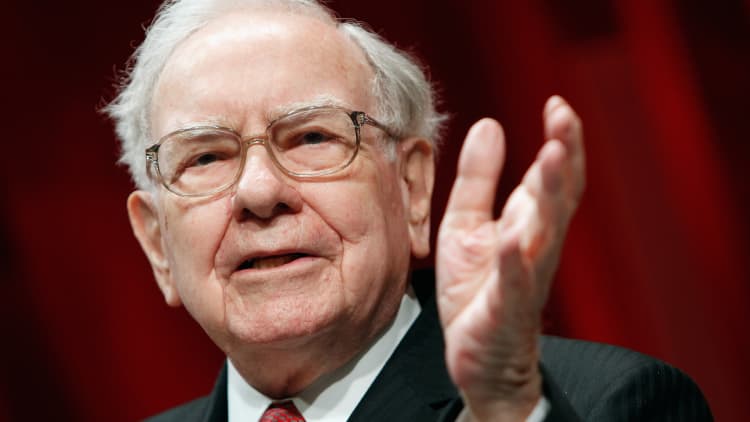To this day, I still see job descriptions that list "multitasking" as a preferred or required skill. It boggles my mind.
Aren't we past that? Don't we know better by now? Isn't asking for multitasking as a skill for today's jobs a bit like asking for a knowledge of bloodletting as a skill for doctors?
The drawbacks of multitasking
There is a well-established pile of evidence that multitasking is actually counterproductive.
…the power of multitasking is a myth. Human beings are, essentially, single-core processors. We can't effectively check our email, listen to someone asking us for feedback on a project, and take notes simultaneously. We can do it, sure, but everything suffers. Juggling tasks divides your attention, increases the time spent refocusing on important tasks (making you less productive), often gives people the impression that you aren't completely focused on them (because you're not), and robs you of a powerful focus you could be directing towards a single important task.
But wait, it gets worse! Multitasking is also harmful to your physical and mental health, and reduces your decision-making ability:
Multitasking is a brain drain that exhausts the mind, zaps cognitive resources and, if left unchecked, condemns us to early mental decline and decreased sharpness. Chronic multitaskers also have increased levels of cortisol, the stress hormone, which can damage the memory region of the brain.
So, multitasking…

How to single-task
There is a better way: single-tasking. I've come to embrace it recently, after becoming totally frustrated with trying to do 5 different things every time I sat down at my desk. I would tense up and get equally nervous about each of them, which means I was 5 times as stressed and 20% (yes, that's 1/5) as productive. I can't believe I did it for so long.
What helped me turn the tide and just start single-tasking? I changed the way that I looked at my time. Rather than looking at it as a something that just happened, I looked at it as something that I spent — or chose to use in certain ways, and not others. Basically, I chose to look at my time like money, and though I've only been doing it for a little while, it has made all the difference.
Think about time like money
You can't buy a $20 shirt and $20 pair of pants with the same $20 bill. Each of them costs $20, and there's no way to magically condense that. We seem to accept that basic truth for money, but somehow think that we can skirt around it as it relates to time. But that's just silly. If two projects each require about two hours of focused concentration, we can't use the same two hours to do them both.
When you think about it, time is actually even more valuable than money, because it's more scarce. Theoretically, you can increase how much money you have coming in each month, each year — and most of us do. But you can't do that with time. We've got a fixed amount of it each day, month, and year. Rather than add time to your day, the best you can do is decreased how much of
As with any resource, if you can't somehow increase how much of

Track your time like you'd track your money — diligently
As anyone familiar with budgets will tell you, before you can effectively budget, you need to get your arms around your spending habits. The better you know where your money goes, the better you can work to manage it. The same holds true for time. The problem is that most of us have only a vague idea of where our time goes. That was certainly my problem.
Enter Toggl — the online app that lets you track your time by task, project, and client. It's agile, it creates reports, and editing entries and categories is easy. Plus it's got an easy to use
I began tracking my time just over a week ago, and what I found was astounding.
The biggest benefit of tracking my time was that it almost immediately stopped my monkey mind from being that source of constant self-distraction. It used to be that every time I began working on some project, I'd think I have to check my email, to make sure I take care of this, or that or ooh, I just thought about this thing I have to check out on Wikipedia really quickly. But now that I click on a time-tracking entry before I begin working on something, it is much easier to remind myself that I am supposed to be working on this thing — not anything else. And I tend to stay focused on that thing.
I'm checking emails much less often. I'm more likely to tell co-workers that I can come by to see them in 15 minutes, or to set up some time to meet with me (my calendar, as it happens, is now up to date). My focus has increased dramatically, and thus I've gotten more done toward bigger goals.
In short, because I'm giving whatever I do a name and an amount of time invested, I am much more invested in it when I'm doing it. I am spending my time on something, rather than letting it slip by unaccounted for — there is a difference. I'm singularly focused on what I'm doing, when I'm doing it, and thus I'm reaping the benefits of single-tasking — all because I'm now accountable for each minute and hour spent.
This article originally appeared on Medium.com
Mike Sturm is an ex-academic, writing about productivity, leadership, and personal development. He is the author of the weekly newsletter Woolgathering.


